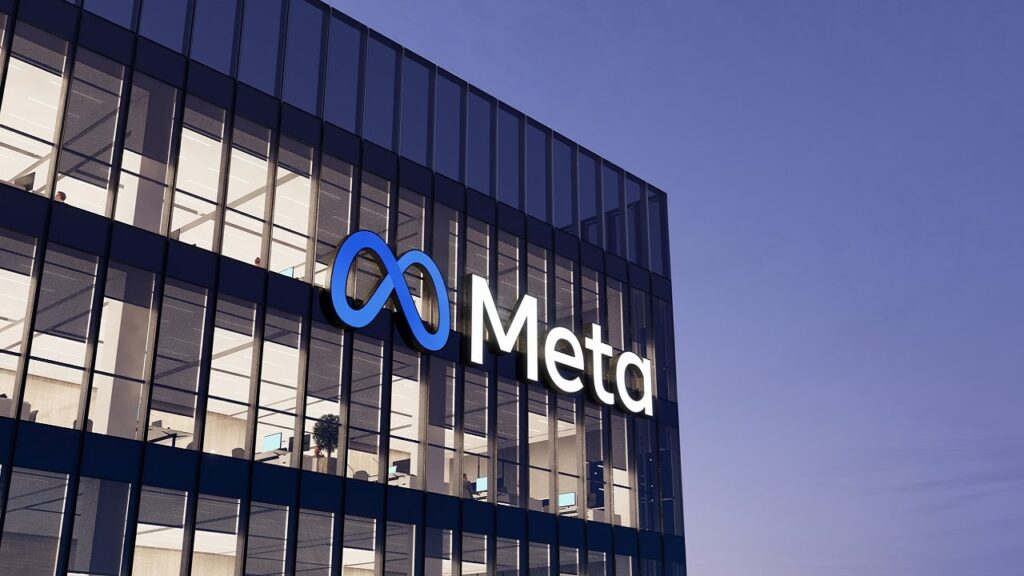Is called Massively Multilingual Speech (MMS) the project of Meta: it consists in making the artificial intelligence learn all the active languages in the world. They are around 7,000 and there are also the most unknown and spoken by few, such as Tatuyo, a language spoken by a few hundred people in the world. Fundamental help comes from Biblea book from which the AI has drawn over 4,000 languages.
Meta’s AI learns unknown languages by also drawing from the Bible: this is how it works
Much of the credit lies in the Bible: the holy book from which Meta’s artificial intelligence she managed to pick up over 4 thousand languageswith an average of 32 hours of speech received for each language.
The American company has included audio readings of the Bible text in the Massively Multilingual Speech, including those spoken by a few hundred people such as Tatuyospoken only and exclusively in some areas of Colombia.
This platform has the ability to reproduce speech synthesis of 1,100 languages, an ability that comes from the speed of understanding of artificial intelligence. What is Meta’s goal? That of safeguard endangered idiomsprecisely because spoken by few people in the world.
“Many of the world’s languages are at risk of disappearing, and the limitations of today’s speech generation and recognition technology are only accelerating this trend. We envision a world where technology has the opposite effect, encouraging people to keep their languages alive as they can access information and use technology by speaking in their preferred language,” Meta explained in a study published online.

Meta: processors, datacenters and supercomputers for AI
The first chip announced by Meta for artificial intelligence is called MTIA (Meta Training and Inference Accelerator). This is an in-house designed accelerator for inference. “MTIA offers more computing power and efficiency than CPUs and is tailored to our internal workloads. By installing both MTIA chips and GPUs, we will provide better performance, lower latency and higher efficiency for each workload.
Meta has also created another chip called MSVP (Meta Scalable Video Processor), designed to facilitate the transcoding of videos. MSVP was designed to handle the large amount of video content on Facebook and other platforms (over 4 billion videos are viewed on FB every day), but in the future MSVP will also serve to bring AI, VR and AR content into apps of Meta.















Leave a Reply
View Comments